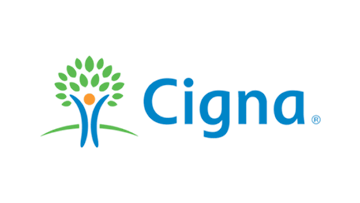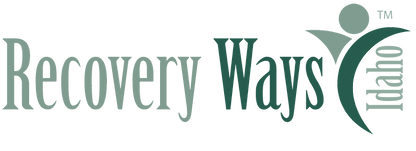
Importance of Mental Health Care in Nampa
Mental health is an integral part of overall well-being, yet it often remains overlooked, especially in smaller communities like Nampa, Idaho. With a growing number of residents recognizing the need for mental health support, local services are becoming increasingly crucial. Addressing mental health issues not only improves individual quality of life but also strengthens community ties by fostering a supportive environment.
Sustainable mental health initiatives are vital for the community’s prosperity. Providing access to quality mental health services helps reduce stigma and encourages individuals to seek help. These initiatives can lead to reduced crime rates, improved educational outcomes, and enhanced productivity among residents.
Recovery Ways Idaho’s Approach to Mental Health
Recovery Ways Idaho is at the forefront of providing comprehensive mental health services in Nampa, Idaho. Their client-focused approach ensures that each individual receives care tailored to their unique needs. By employing evidence-based practices, Recovery Ways Idaho equips clients with essential tools for managing their mental health effectively.
The organization emphasizes skill-building and personal goal achievement, which are pivotal in fostering long-term behavioral change. With a team of dedicated professionals, Recovery Ways Idaho offers services that span individual therapy, family counseling, and group sessions. Each program is designed to empower clients and promote resilience.
Recovery Ways Idaho also places a strong focus on continuous training for their staff, ensuring they stay updated with the latest advancements in behavioral health. This commitment to ongoing education guarantees that clients receive the highest standard of care available.
Services Offered by Recovery Ways Idaho
Recovery Ways Idaho provides a wide array of services that cater to the diverse mental health needs of the Nampa community. These services include individual therapy, which addresses personal mental health challenges such as anxiety and depression. The therapy sessions are tailored to help clients develop effective coping mechanisms and achieve personal growth.
Family counseling is another critical service offered, which aims to improve communication and resolve conflicts within households. This service is particularly beneficial for families dealing with the stress of raising children with autism spectrum disorders or developmental disabilities. By engaging in family counseling, families learn to support each other more effectively.
Additionally, Recovery Ways Idaho offers skill-building sessions that focus on enhancing clients’ daily living and social skills. These sessions are especially beneficial for individuals with developmental disabilities, as they promote increased independence and confidence.
By providing such a comprehensive range of services, Recovery Ways Idaho ensures that clients have access to the support they need to thrive in their everyday lives.
Evidence-Based Practices in Mental Health Care
At the heart of Recovery Ways Idaho’s services are evidence-based practices that are scientifically proven to be effective. Cognitive-behavioral therapy (CBT) is one of the cornerstones of their treatment approach. CBT helps clients identify and change dysfunctional thought patterns and behaviors, leading to improved emotional regulation.
Dialectical behavior therapy (DBT) is another practice utilized, which is particularly effective for individuals struggling with intense emotions and self-destructive behaviors. DBT combines CBT with mindfulness practices to help clients develop better coping mechanisms.
By integrating these evidence-based practices into their treatment plans, Recovery Ways Idaho provides clients with effective tools and strategies for managing their mental health challenges.
The Role of Family in Mental Health Recovery
Family involvement plays a critical role in the mental health recovery process, and Recovery Ways Idaho recognizes this by offering family-inclusive treatment plans. Family counseling sessions are designed to foster open communication and understanding among family members.
By involving families in the treatment process, Recovery Ways Idaho helps create a supportive home environment that encourages recovery and growth. This approach not only benefits the individual receiving care but also strengthens family bonds and improves overall family dynamics.
Family members learn valuable skills and strategies to support their loved ones, which can lead to more effective and sustainable recovery outcomes.
By integrating family dynamics into mental health care, Recovery Ways Idaho ensures a holistic approach that considers all aspects of a client’s life.
Nampa Idaho Mental Health: Challenges and Opportunities
Nampa, Idaho faces unique mental health challenges due to its geographical location and demographic characteristics. Limited access to mental health resources and a shortage of mental health professionals are significant barriers for residents seeking care.
Despite these challenges, there are numerous opportunities for growth and improvement in the Nampa, Idaho mental health landscape. Local organizations like Recovery Ways Idaho are making strides in addressing these gaps by providing accessible and comprehensive services to the community.
By collaborating with local government and community organizations, Recovery Ways Idaho is working towards expanding mental health resources and increasing public awareness. These efforts aim to create a more robust mental health care system in Nampa.
Community Impact of Quality Mental Health Care
High-quality mental health care has the potential to significantly impact the Nampa community in positive ways. By addressing mental health challenges, residents can lead more fulfilling lives, contributing to the overall vitality of the community.
Improved mental health outcomes lead to a more productive workforce, as individuals are better equipped to manage stress and perform effectively in their jobs. This, in turn, bolsters the local economy and enhances the quality of life for all residents.
Nampa’s community benefits from reduced stigma surrounding mental health, as more people openly seek help and support. This collective understanding fosters a compassionate community spirit and strengthens social connections.
Personal Insights from Working with Recovery Ways Idaho
Having worked with Recovery Ways Idaho, the dedication and passion of their staff are evident in every interaction. The organization’s commitment to client-centered care is not just a mission statement but a practice witnessed daily in their facilities.
Clients often share stories of transformation and growth, highlighting the personalized approach and the welcoming environment provided by Recovery Ways Idaho. These narratives underscore the profound impact that compassionate mental health care can have on individuals and families.
The sense of community and support within Recovery Ways Idaho is palpable, with staff and clients alike working together towards common goals. This collaborative spirit is a testament to the organization’s success in promoting mental wellness in Nampa, Idaho.

How do mental health care services in Nampa address unique community needs?
Mental health care in Nampa, Idaho, is uniquely tailored to the specific needs of its community. Recognizing that smaller communities often face distinct challenges, such as limited access to specialized resources, local providers emphasize comprehensive and accessible services. Organizations like Recovery Ways Idaho focus on the particular demographic characteristics of Nampa, with a diverse array of programs that address common issues like anxiety, depression, and developmental disorders.
Engagement with local residents is key, with mental health professionals often collaborating with other community services to create cohesive support networks. For example, by working alongside schools and local government, these organizations can facilitate educational workshops that promote mental health awareness, which is particularly effective in reducing stigma. Are there ways you think mental health services could further integrate into community activities?
What are the common misconceptions about mental health recovery and the role of family?
One common misconception about mental health recovery is that it is solely an individual journey. In reality, family involvement is often crucial to successful recovery. Families provide emotional support, help facilitate communication, and create an environment conducive to healing. Those who engage in family counseling frequently discover new ways to support their loved ones, learning skills that promote healthier dynamics at home.
It is also often misunderstood that mental health issues can be ‘fixed’ quickly. The recovery process is typically gradual and involves building resilience over time. Misconceptions can lead to frustration and impatience, so it’s essential to set realistic expectations. How do you think greater public awareness can help dispel these myths?
How is Recovery Ways Idaho utilizing evidence-based practices to promote behavioral change?
Recovery Ways Idaho is committed to using evidence-based practices such as Cognitive Behavioral Therapy (CBT) and Dialectical Behavior Therapy (DBT) to facilitate meaningful behavioral change. These therapies are scientifically validated and tailored to individual circumstances, making them highly effective. CBT, for instance, helps clients reframe negative thinking patterns, while DBT combines mindfulness with cognitive techniques to manage emotional regulation.
The organization’s emphasis on continuous staff training ensures that practitioners are well-versed in the latest advancements, thereby maintaining the highest quality of care. This approach not only enhances client outcomes but also fosters a culture of learning and innovation within the organization. Have you ever tried CBT or DBT techniques, and how effective did you find them?
What challenges and opportunities does the Nampa community face regarding mental health services?
Nampa, Idaho, faces several challenges in delivering mental health services, including a shortage of mental health professionals and limited resources. These barriers can make it difficult for residents to access timely and comprehensive care. However, there are also significant opportunities for improvement and innovation in this area.
Local organizations are increasingly collaborating with community stakeholders to address gaps and expand services. These efforts include public awareness campaigns and partnerships with schools to promote mental health education. The community’s growing recognition of mental health as a priority offers a promising path toward overcoming these challenges. What strategies do you think could be implemented to further enhance mental health services in Nampa?
What impact does quality mental health care have on the Nampa community at large?
Quality mental health care can profoundly impact the Nampa community, enhancing overall well-being and social cohesion. When residents have access to effective mental health services, they are better equipped to manage challenges, which in turn can lead to improved educational outcomes, reduced crime rates, and a more productive workforce.
Furthermore, high-quality care helps reduce the stigma surrounding mental health, encouraging more people to seek the help they need. This shift towards openness fosters a compassionate community spirit, reinforcing social ties and support networks. The positive ripple effect of mental health care extends beyond individuals to strengthen the entire community. What role do you think community events and programs play in promoting mental health awareness?
Resources
- National Institute of Mental Health (NIMH) – The NIMH is the leading federal agency for research on mental disorders. Their website offers a wealth of information on various mental health conditions, treatment options, and research advancements.
- Substance Abuse and Mental Health Services Administration (SAMHSA) – SAMHSA is a government agency that works to improve behavioral health across the nation. Their website provides resources on mental health treatment, prevention, and recovery support services.
- American Psychiatric Association (APA) – The APA is a professional organization representing psychiatrists in the United States. Their website offers information on mental health advocacy, research, and education.
- Mental Health America (MHA) – MHA is a community-based nonprofit dedicated to addressing the needs of those living with mental illness. Their website provides resources on mental health screenings, advocacy, and support services.
- National Alliance on Mental Illness (NAMI) – NAMI is a grassroots mental health organization providing education, support, and advocacy for individuals affected by mental illness. Their website offers resources on mental health conditions, treatment options, and support groups.




